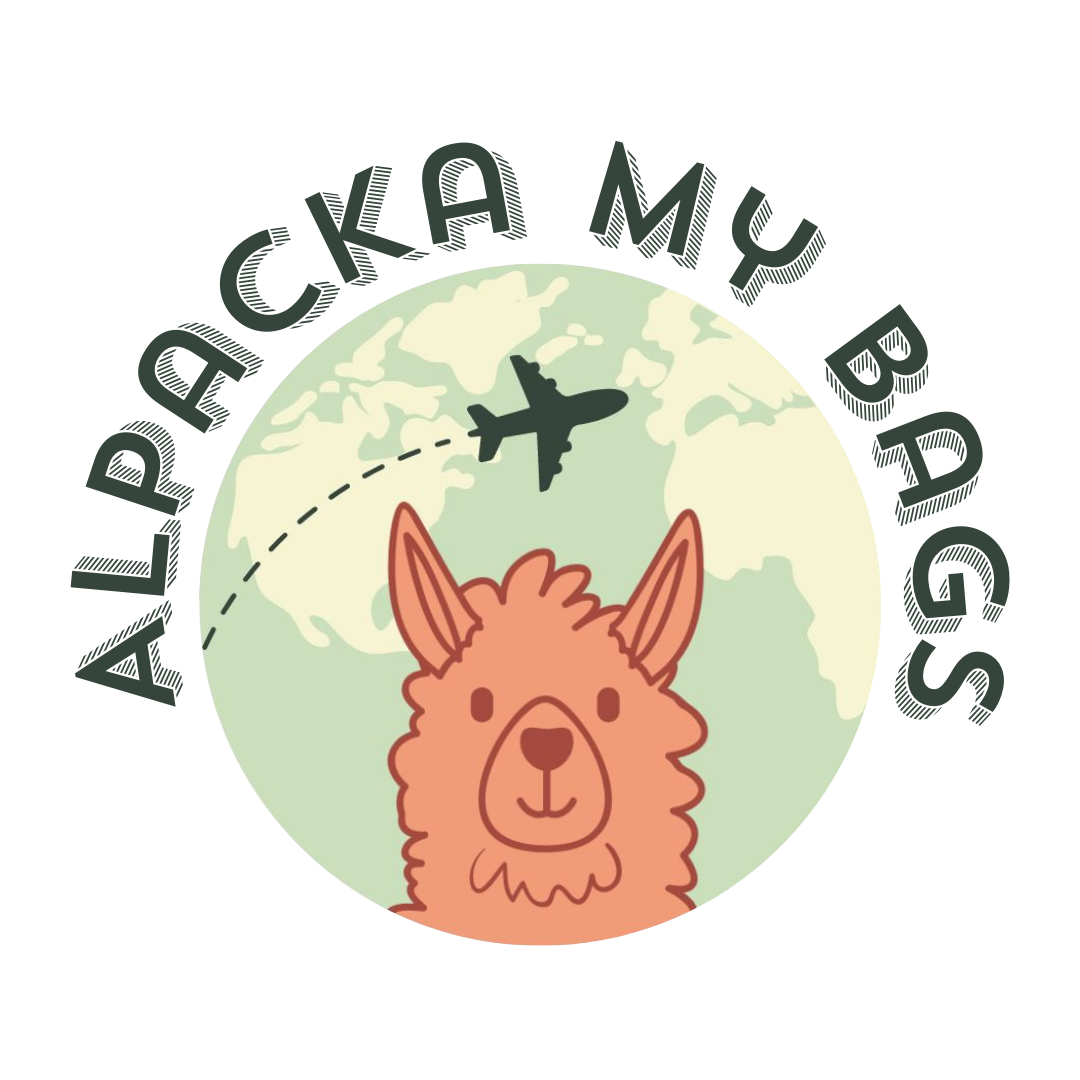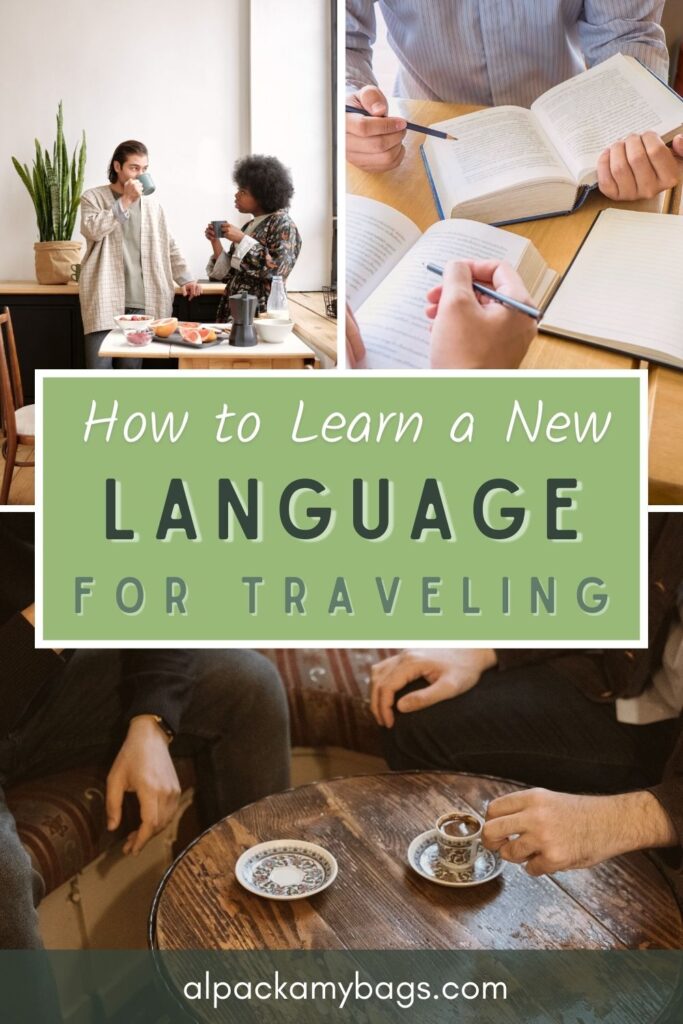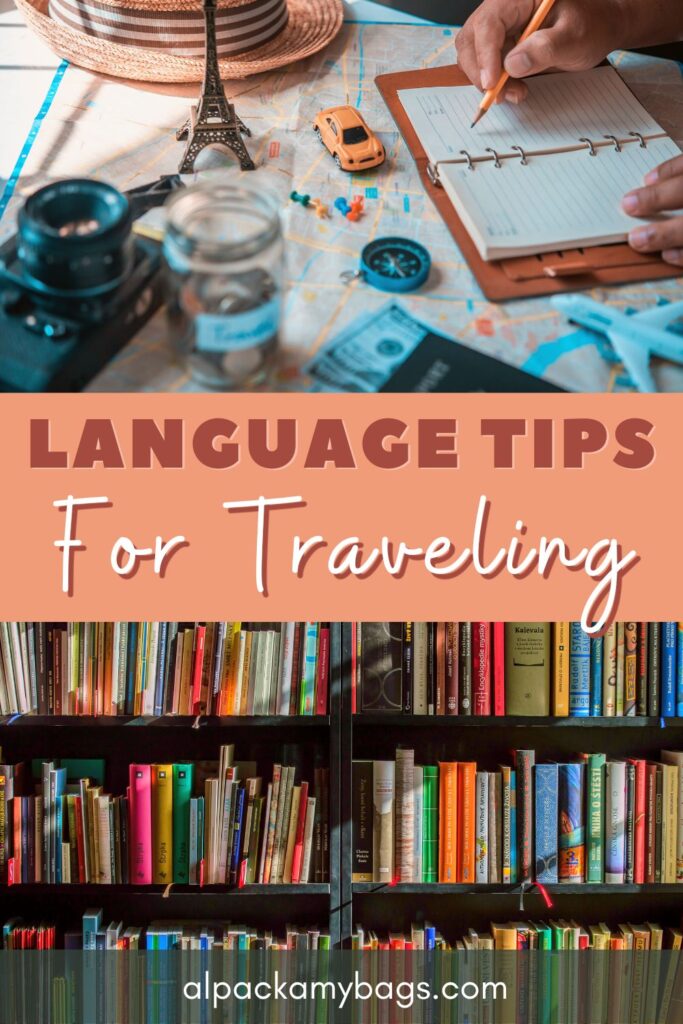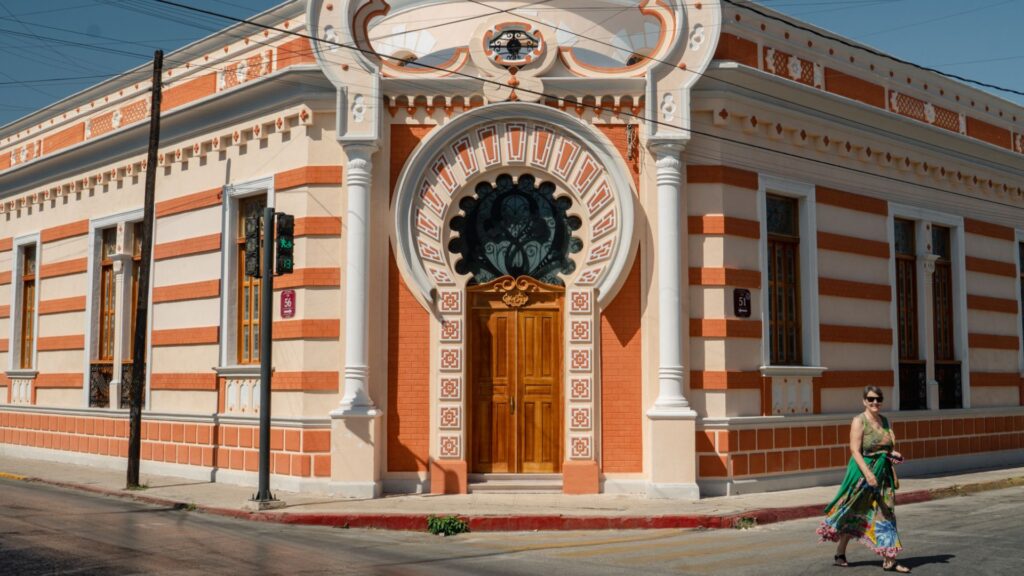
With international travel comes new surroundings, different cultures, and lots of different languages. While it would be pretty impossible to become fluent in every native language of every country you visit, learning the basics of a new language will go a long way.
Locals appreciate your effort when they can tell you’ve been practicing their native language. It is better to try, put the effort in, and make mistakes than just go in not knowing a single word of the language.
Maybe you’re planning a trip to Italy and want to avoid a language barrier? So what are the top language learning tips? Let’s take a look at the best tried and tested tips for learning a new language.
Disclosure: This article may contain affiliate links, meaning we get a small commission at no extra cost to you if you make a purchase through one of them. Read our affiliate disclosure. Thank you for your support!
How to Learn a New Language by Yourself
There are several different options when it comes to learning a language by yourself. From apps to websites, it can be overwhelming to find the best language learning tips and options.
Learning a new language by yourself doesn’t need to be stressful. There are many apps to choose from, and possibly local opportunities for you to practice. Let’s dive into the top language learning tips.
Start with basics (try Duolingo)
Practice conversing (try Babbel)
Ask for help (find others who speak the language)
Join a local language exchange group or community program
Immerse yourself and keep learning (it’s ok to make mistakes!)
Make flashcards for the plane
Read Next: 3-Day Merida, Mexico Itinerary

1. Start With the Basics
Download Duolingo
Find kids’ books at your public library
The best way to learn the basics of a new language, especially if you have absolutely no experience in it, is to download Duolingo! This free app offers lessons in over 30 languages, so there is a good chance that the language you want to practice is on there.
While this app is educational and truly teaches you language skills, it is also super fun. It is set up like a game app and you can earn points, level up, and compete with friends.
This makes it super fun to start learning a new language. There are also several different lesson options, like a written quiz, spoken test, and listening lessons.
They have really amped up the app in recent years to make it the perfect way to start learning a new language! Plus, it is entirely free. If you fall in love with Duolingo, you can upgrade to a paid subscription if you plan on using it frequently.
And for my non-native English speakers who plan on visiting English-speaking countries, they offer an English test on Duolingo!
Another way to start practicing the basics of a foreign language is to find kids books written in those languages. They’re often easy to read and understand what’s happening thanks to the illustrations.
Public libraries are a great place to look for books for free. Or you can check out some cheap ones on Amazon and also find a beginner workbook in Spanish or Italian for example.

2. Practice Speaking & Conversing
Try Babbel language learning
Find a local language exchange group (i.e. search on Facebook)
Participate in a community language program (best in big cities)
After you have learned some basics of a new language, you want to start using them in your daily conversations. This can be harder if you don’t know anyone who knows or is also learning this language.
This is when you need to check out Babbel! This app-based language learning platform focuses on having real conversations to prepare you for what it would actually be like to speak with others in this new language.
While they have fewer languages to learn, it is still a great option for several different languages. And who knows, maybe you want to pick up yet another language!
Conversing in a new language is ultimately the best way to practice and learn it. Babbel offers different subscription levels, so you can pick the one that fits your needs best. Sadly it’s not free, but it is a relatively cheap option, and very reliable!
The best part about Babbel is that you get real-world conversation practice, but you don’t have to get embarrassed about messing up in front of actual people. Which is totally normal and nothing to be scared of, but it can be difficult to get over for some people (aka perfectionists like me).
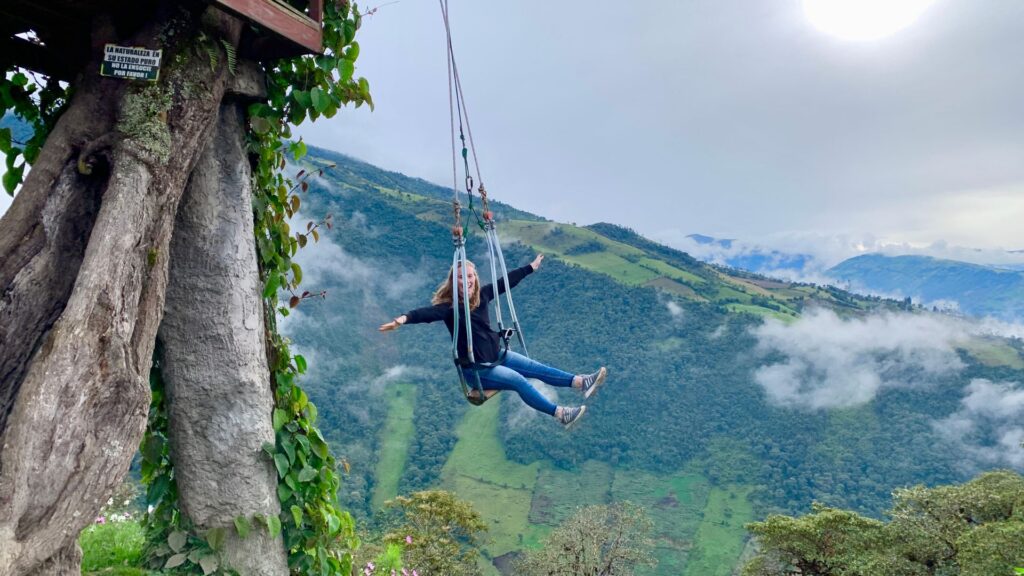
3. Find People to Speak With
Try Babbel language learning
Find a local language exchange group (i.e. search on Facebook)
Participate in a community language program (best in big cities)
This step might be harder to do while still at home. You might not necessarily know anyone who already knows the language you are trying to learn. We recommend looking online to find groups of people who also want to learn this language.
For example, search Facebook or Reddit for “Learning Spanish” or “French for Beginners” groups. You’ll be surprised at how many are out there! You can also post in local community groups to ask if anyone might be interested in forming a group to meet up and practice this language.
You never know, there might be people in your community waiting for someone to start a weekly language-learning group! Plus, if you’re all beginners, it takes the embarrassment out of it.
See if you can find a place in your community that offers language classes. Community centers often have language learning classes, and some community colleges offer them as well.
When you are actually traveling, take the opportunity to practice the language even more! If you don’t get the chance to practice too much before your trip, still make an effort to practice while you’re traveling. Most locals truly appreciate the effort, and many of them are willing to give you pointers.

4. When in a Time Crunch
Google Translate
Practice flashcards on your plane journey
If you really don’t have time to practice learning a new language before an international trip, you should definitely download google translate.
I recommend doing this anyways, as not only will most people be speaking the native language, but all the signs, menus, etc. will be in this language too.
While practicing a new language, you won’t necessarily learn specific words for things such as directions or traditional dishes, but more so general vocabulary.
You don’t want to go out for a delicious local meal but not be able to understand what you are ordering! Especially if you have dietary restrictions.
And if you are traveling around to different places in a country, being able to read signs will be very important. Hopping on the wrong train wouldn’t be very convenient.
Flashcards are another tool you can use to learn a language for travel. Make a handful of flashcards with common phrases you’ll use on your trip and test yourself on your plane journey there.
Think about what you’ll likely use the most when traveling and stick to those phrases: How much does this cost? Where’s the bathroom? Do you speak English? Where is the bus stop? Can you show me where the closest gelato is?
Figure out your language priority and stick to those until you can’t forget them! Flashcards might bring back junior high testing memories, but they sure can help you learn a language for traveling.
Read Next: 10 Best Travel Tips for Beginners Travelers
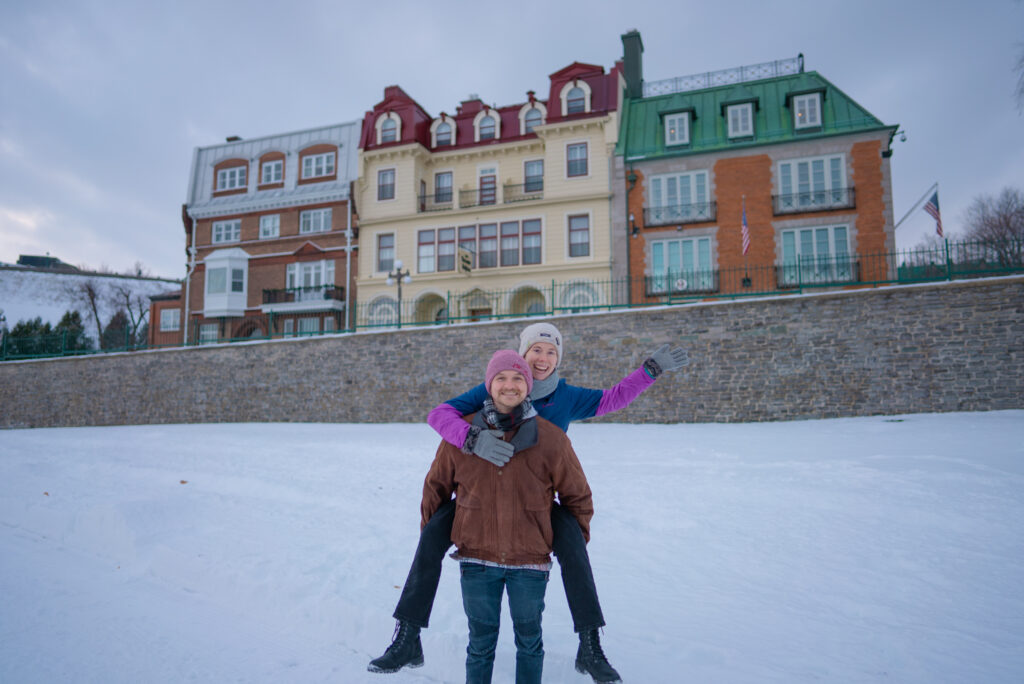
Language Learning Tips For Travel
Start with basics (try Duolingo)
Practice conversing (try Babbel)
Ask for help (find others who speak the language)
Join a local language exchange group or community program
Immerse yourself and keep learning (it’s ok to make mistakes!)
Make flashcards for the plane
Now you know the best tips for learning a new language, you can start practicing your conversations with locals and becoming a fluent speaker! It takes time, but practicing with others is by far the best way to learn a new language.
Immersing yourself in a new language has been proven to be the best way to learn a new language, but not everyone can up and leave for France or Thailand for a year to learn the local languages. So in the meantime, while you’re saving for that big trip (wink wink), utilize these language learning tips!
Start with the basics, make an effort to practice, and don’t be afraid to ask for help. Find people in your community who are also learning this new language, or native speakers who possibly want to learn or improve their English, for example.
I also highly suggest learning how to say “do you speak English?” in the native language of your destination. It’s just a useful tool, especially if you’re really struggling. It is more polite to ask someone if they know, rather than assume.
Don’t forget that you are a visitor in a new country, and while many people around the world know English, do not assume, everyone will. Put some effort in and learn a few basics! It’s fun to learn another language, and it is great mental exercise!
What language do you want to learn? Do you already know multiple languages? Have you had any problems with language barriers when traveling?

